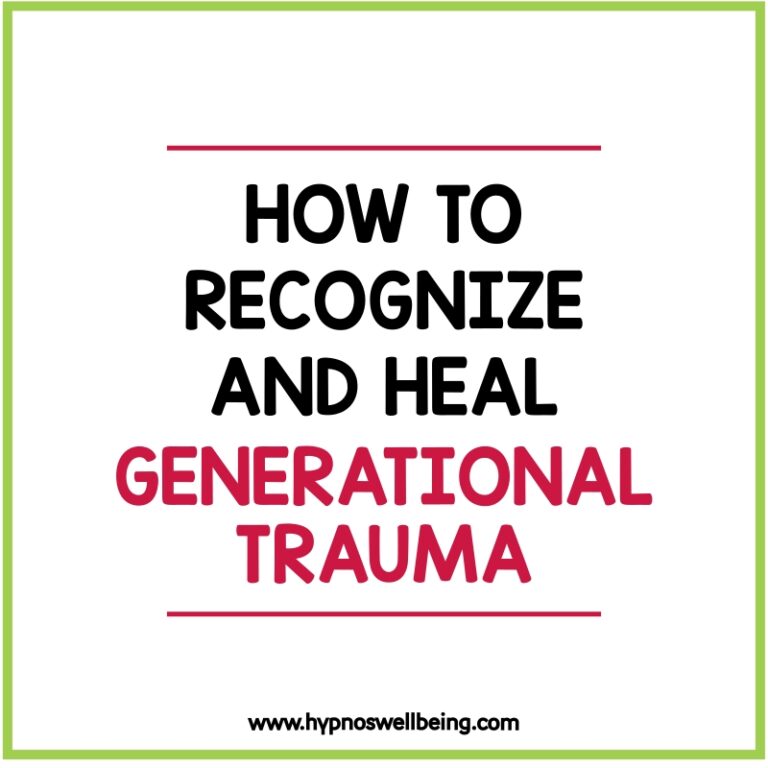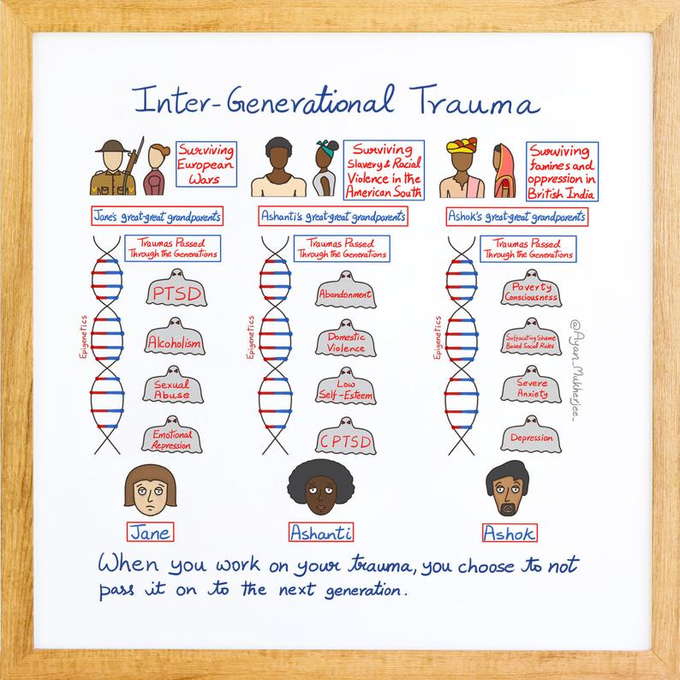
Children may feel neglected if they are required to care for themselves in ways that are not age-appropriate. Traumatized individuals are also more likely to develop depression, and depressed parents may not be as available to their children as they would like to be. This can then lead to harmful coping mechanisms, such as using drugs or alcohol. Consequently, the youngster may develop anxiousness. Intentionally or not, they may also indicate that the world is a dangerous place. The ability of anxious parents to teach their children to self-soothe is diminished. In general, people have the most intense and long-lasting interactions with family members hence, the consequences of mental health issues are most evident in these relationships.įor instance, individuals who have undergone trauma tend to have elevated anxiety levels.

These influence how individuals interact with the world and others.

One reason for how trauma’s effects are passed on to future generations is that a history of trauma increases the likelihood of developing mental health issues. The effects of trauma can be passed from one generation to another, including the following: Dissociation, Anxiety and Other Mental Health Disorders How The Effects of Generational Trauma Are Passed On Generational trauma is also referred to as intergenerational or transgenerational trauma. Those who have never personally experienced trauma but suffer from symptoms of post-traumatic stress disorder (PTSD) or other mental health issues, such as depression, anxiety, low self-esteem, dissociation, hypervigilance, shame, or guilt, may find it incredibly reassuring to discover that ancestral trauma may be the cause. It is known as generational trauma (or ancestral trauma), and it can have a significant impact on your life by increasing your susceptibility to a variety of mental health disorders. In the same manner that earlier generations transmit genetic traits, research indicates that they also transmit “acquired” or epigenetic traits resulting from emotionally charged and stressful events. It makes sense that we learn from our past, but what can we learn from our family history? Each adult passes on their knowledge through their own experiences to the children in their lives. And it’s not just limited to the immediate family such as parents, but influence comes down from grandparents and extended family as well. Teenagers learn about healthy relationships from watching the relationships in their adults’ lives.įamily and environment form so much of our personality, from our interests and hobbies to our core beliefs.
#Generational trauma how to
Toddlers learn how to handle a problem with guidance from their adults. Babies learn to smile from the adults who smile at them. We obviously see the physical characteristics we inherit from previous generations, such as hair or eye colour.įrom birth, the development of a child is deeply influenced by the people around them.

The Encanto Example: Understanding Generational Trauma For Gen-Z.



 0 kommentar(er)
0 kommentar(er)
